By Abdul Rafay Afzal (Editor in Chief – The Advocate Post)
In a historic, sweeping reality shift Saudi Arabia has signed a defense pact with nuclear-armed Pakistan that will redraw the virtual map of the Middle East. The new agreement, which deepens the two countries’ security ties, is a step forward in their years-old alliance but also a crucial shift in a region that is increasingly reorienting its defense strategies. The agreement also comes at a time of increasing tension when established security relationships, including among the countries of the Gulf Cooperation Council (GCC) and with the United States, are being reconsidered in light of recent regional developments.
The military alliance between Saudi and Pakistan is huge. For decades, Saudi Arabia relied on U.S. security backing for its defense, but recent Israeli saber-rattling against Gulf states, as well as Qatar in the past year has prompted a review of regional security architecture. The Saudi-Pakistan pact suggests a new model, one that leans more heavily on regional partnerships, and it comes as Pakistan — with its nuclear arsenal and battle-tested military professionalism — has emerged as a heavy-hitter in international defense diplomacy.
A Shift in Regional Alliances
Saudi Arabia has long been the lynchpin of American security in the Gulf, counting on American military protection and global diplomacy to deter its regional opponents. But with rising tensions in the region, in part, to Israeli blows against Gulf States (like Qatar) so long relied upon as U.S. allies—the security commitments of Washington are being called into doubt. Israel’s attack on Qatar, a calm-down country in the opposite US strategic camp, revealed the weakness of Gulf states when they rely solely on western defense systems.
The defense pact between Saudi Arabia and Pakistan is in flagrant reversal of this standoff. Emphasized with a joint pledge to confront any aggression as one, the agreement also reorients the Gulf toward defense arrangements that are not exclusively Western-aligned.
What makes this partnership even more interesting is that Pakistan has suddenly become very important in the world. India’s most recent military standoff (and Pakistan’s successful management of it afterwards) has showcased the professionalism and competency of its armed forces. The visit from Field Marshal Syed Asim Munir to President Donald Trump made him the first Pakistani military chief to meet alone with a sitting American president, and cemented Pakistan’s growing diplomatic importance. Once perceived in the world as a regional player aspiring to be noticed on the global stage, the swing of fortunes has made Pakistan into a country that is increasingly important to shaping security dynamics worldwide.
The Bridge from Gulf to China
One of the most interesting elements of the Saudi-Pakistan defense deal is the possibility that Pakistan could mediate between the Gulf and China. Amid the geopolitical tussling over the sands of power that is ending Western dominance, China’s expanding role in the Middle East has raised questions about what will happen when it comes to our management of this part of the world. Though Gulf states have relied on Western powers for military protection, China’s strategic relationships with countries including Iran and Pakistan are gradually shifting the region’s alliances.
Pakistan is well-placed, by virtue of its strategic location between China and the Gulf, itself becoming an essential bridge between two worlds. Saudi Arabia in particular is interested in diversifying its foreign relations and thus increasingly sees China as an important economic partner. The Saudi-Pakistan defense deal could also open the way for deeper cooperation, not only in security, but also in economic and technological investments. The scope with regards to Saudi economy in Pakistan is huge, specially with regard to infrastructure development and energy as well as defence.
One can see the strain in mounting military and diplomatic exchanges between Pakistan and Saudi Arabia already. The VIP treatment accorded Pakistan’s Prime minister as he was welcomed with rare high-level protocol and an F-15 fighter jet guard of honour in a visit to Saudi Arabia says it all about the gravity of the relationship. It both illustrates the strength of that long-standing relationship, and signals a new phase in the evolution of their partnership.
A Counterbalance to Israeli Aggression
The other major reason for the Sino-Saudi-Pakistan defense treaty is the rapidly deteriorating relations between Israel and a number of Arab States. And although some Gulf States, like the UAE and Bahrain, are edging toward normalization with Israel, a recent intensified wave of Israeli belligerence targeted at Qatar as well as other countries has prompted considerable rethinking on issues involving alliances. Similarly, seen in this backdrop, the Saudi-Pakistan pact is a regional balancer against Israeli hegemonism and presents a strong deterrent if Israelis ever extend their aggression any further.
Pakistan with its nuclear weapons and a record of maintaining a very strong defence is also an ideal ally for Saudi Arabia in this context. The nuclear deterrent, recently emphasized by Pakistani Prime Minister Shehbaz Sharif. Faced with Israeli aggression, the collusion between Pakistan and Saudi Arabia constitutes a formidable deterrent that sends Israel, as well as the wider international community, a clear message that an attack on any one of these two countries will be counterattacked by both, unitedly and forcefully.
Conclusion: A New Era of Middle East Geopolitics
The defense agreement between Saudi Arabia and Pakistan is a turning point in Middle Eastern geopolitics. It’s a strategic turn away from dependence on the United States and toward a more varied approach that also encompasses regional alliances. Pakistan’s reliability and professionalism as a military partner, combined with the country’s nuclear deterrent capabilities, have turned it into an attractive ally for Saudi Arabia and other Gulf states.
We’re already seeing more of Saudi investment money flowing into Pakistan, and this is set to continue in the years ahead as Saudi Arabia continues building ties with Pakistan. It is evident that the international perception about Pakistan has changed considerably, as Pakistan’s civil and military diplomacy progresses. At a time when Gulf states are trying to recalibrate their alliances, Pakistan stands in strategic focus as an axis around which the defense and security future of the region could be shaped.

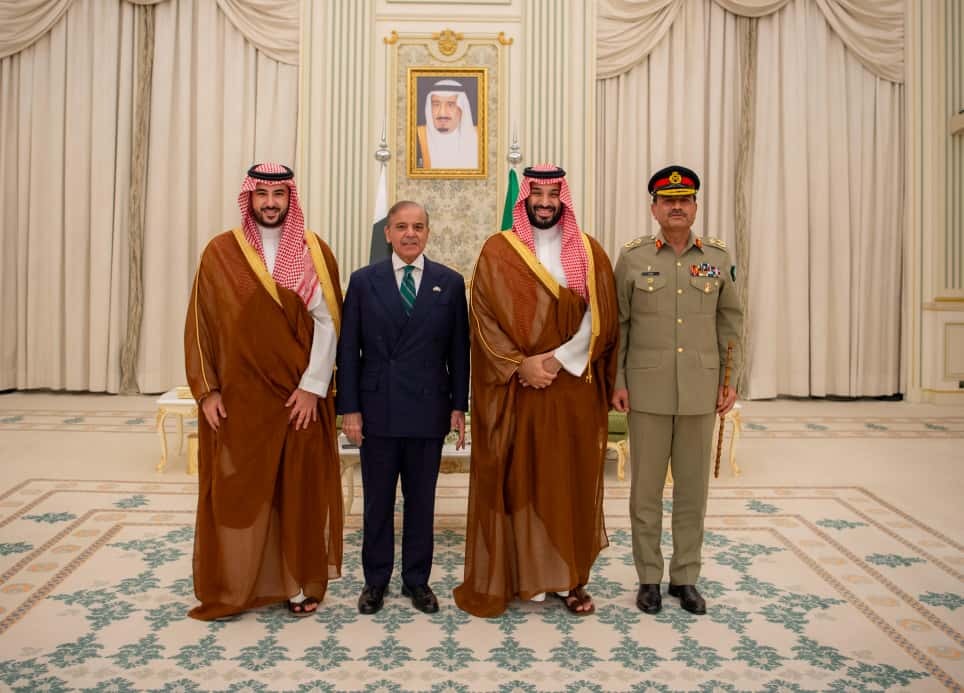
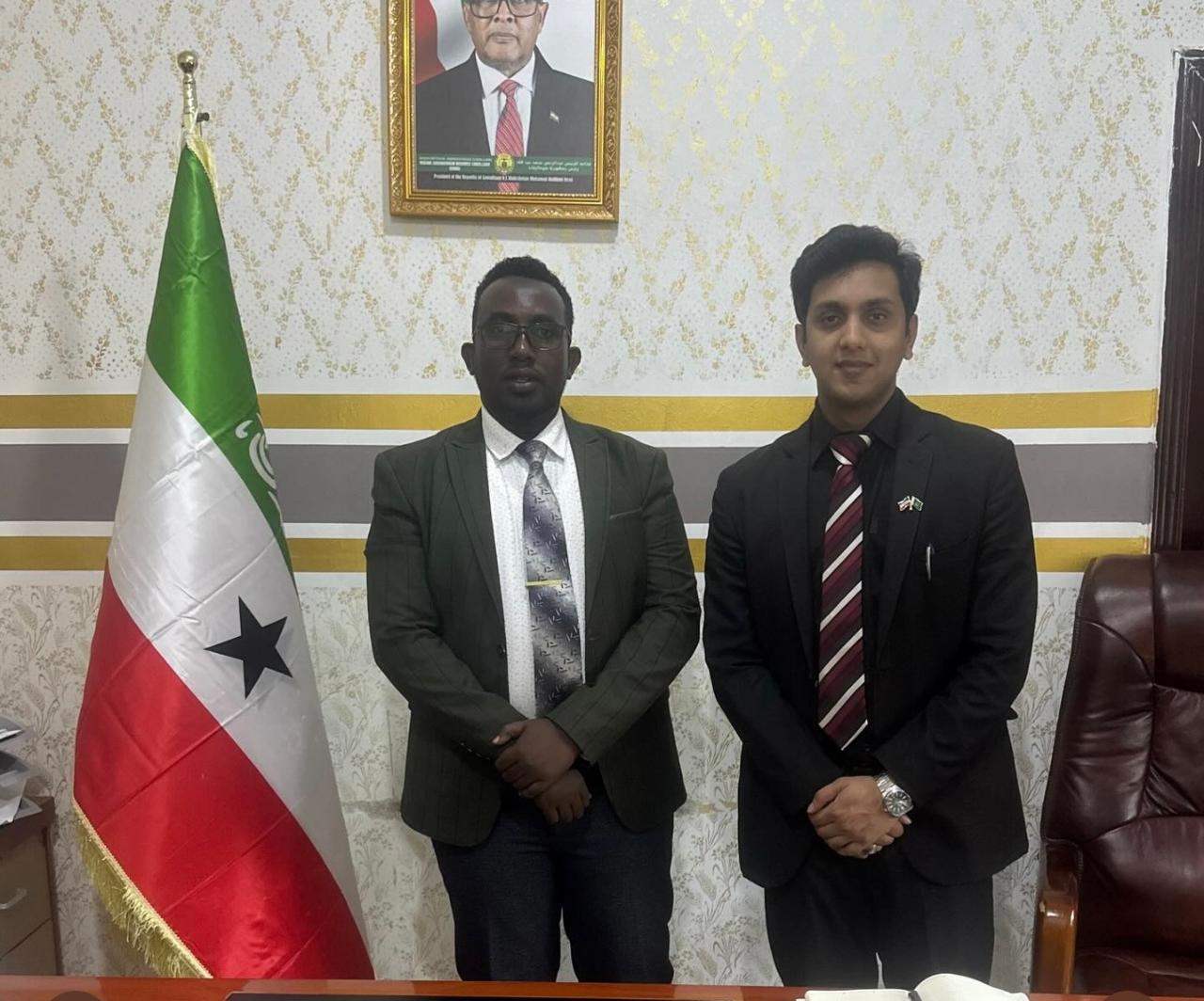
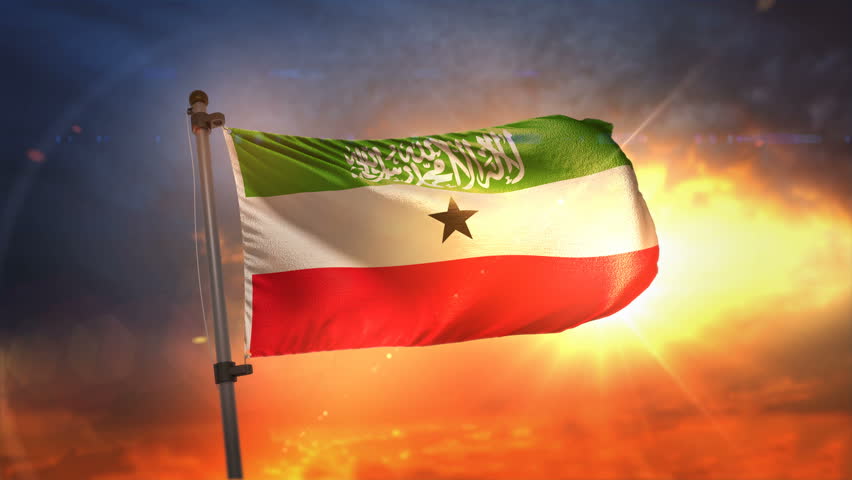
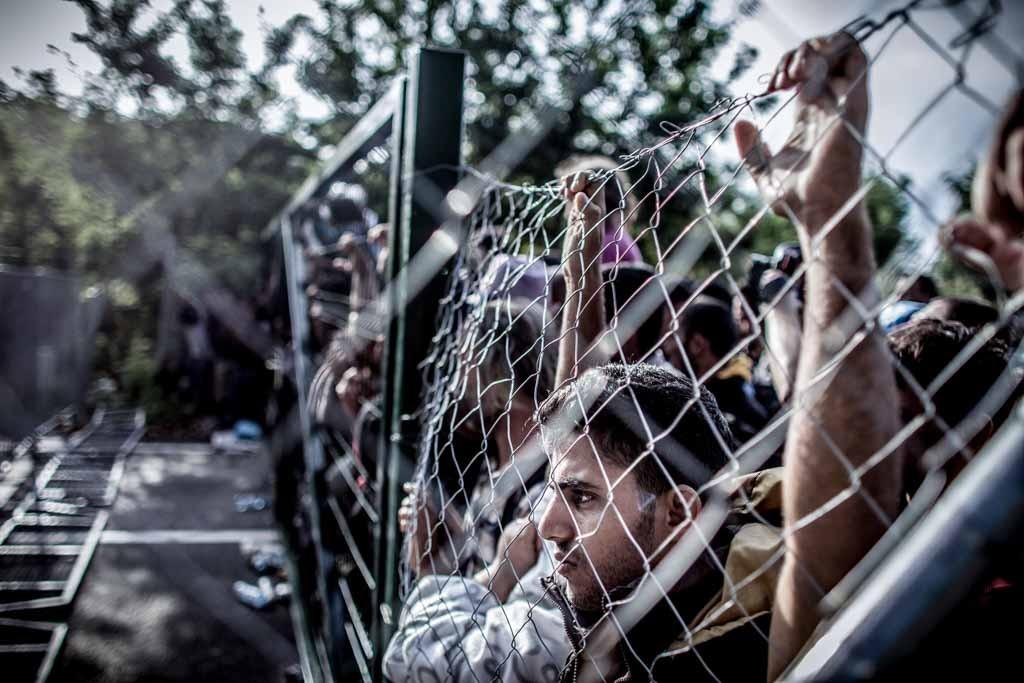
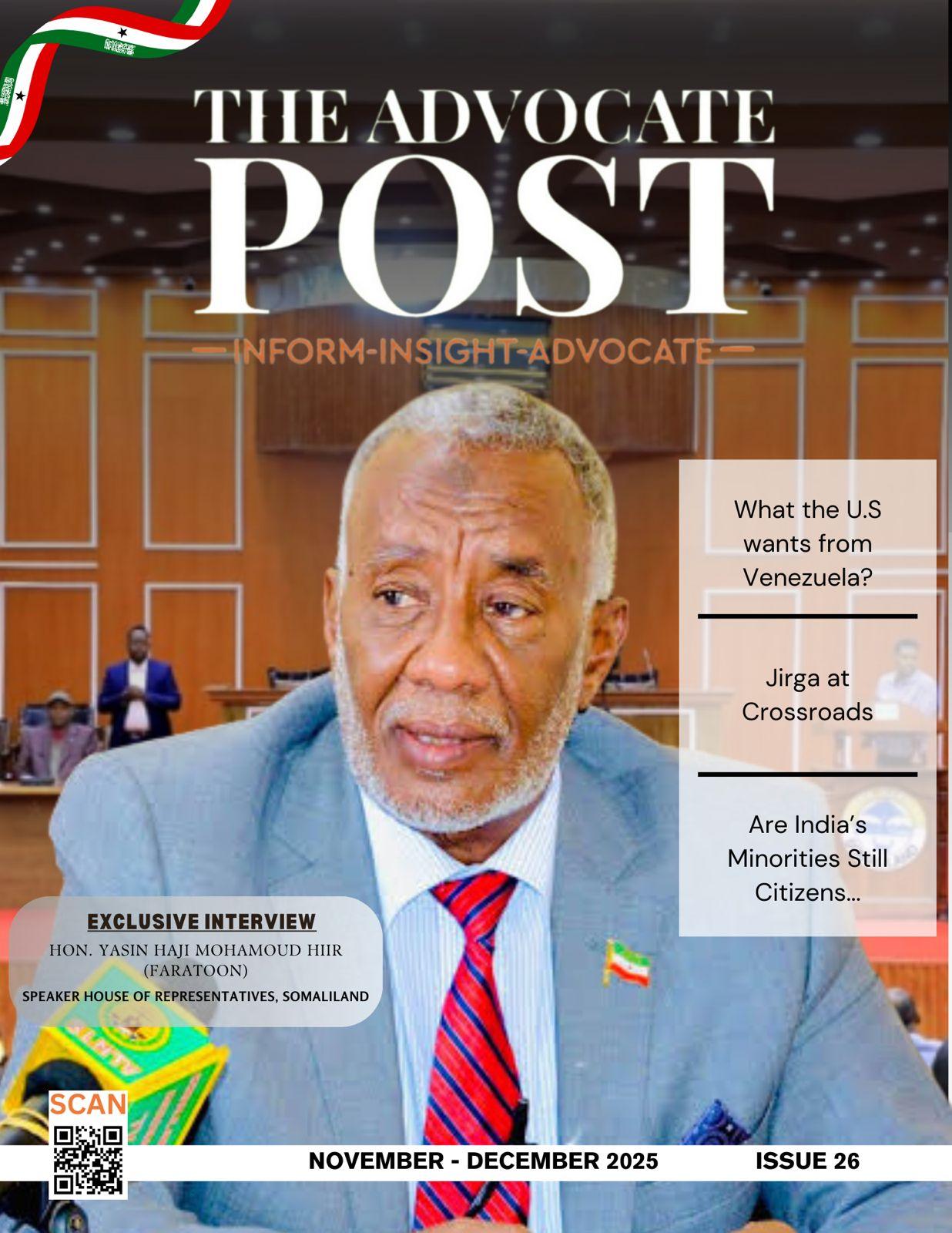

This Post Has One Comment
Affordable and luxurious party bus rentals in Lake Worth. Perfect for weddings, proms, and events. Best service.